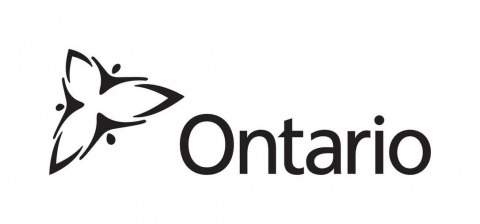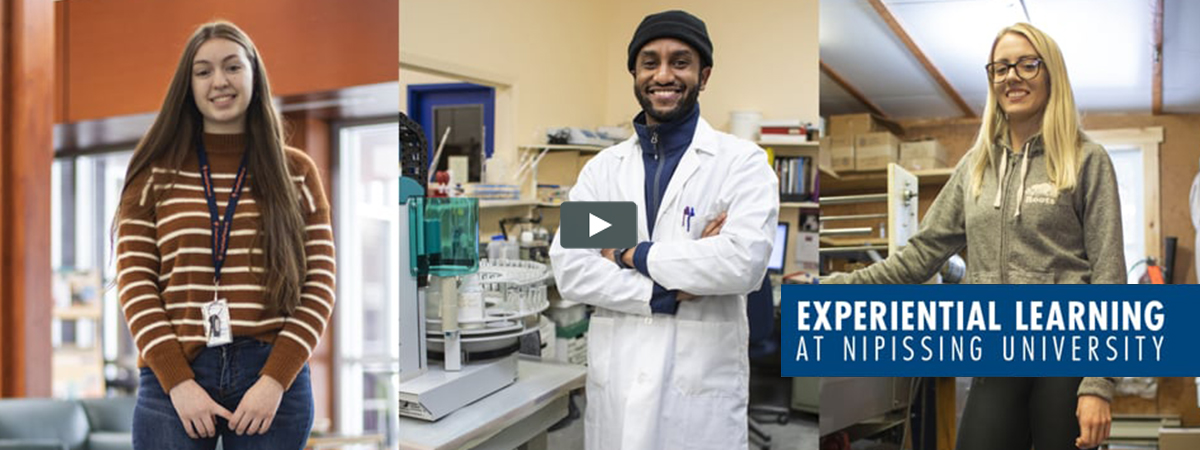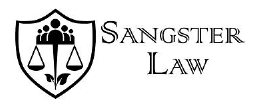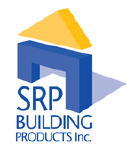
The Experiential Learning for Arts & Science Program (ELAS) is an exclusive project between Student Development & Services, the North Bay & District Chamber of Commerce (NBDCC) and the Faculty of Arts & Science. This project focuses on providing students with hands-on learning experiences directly related to their academic interests.
With a strong emphasis on learning competencies, the ELAS immerses students with enriched learning opportunities that focus on the development of professional skills resulting in confident, successful and highly employable graduates ready for the workforce.
COVID-19 Update: Fall 2020
In response to Nipissing University's decision to offer Fall 2020 courses online, we prioritize our Lakers' safety and are connecting students to virtual placement options this Fall.
While it will be challenging to replicate the full experience of an in-person placement in the current climate, we are committed to providing you opportunities to connect theory with practice and gain valuable work experience.
For the latest information on COVID-19, please visit our Nipissing University Updates on the Coronavirus webpage.
- Virtual Work Placements
- Benefits for Students
- Benefits for Faculty
- NBDCC Members and Partners
- About Experiential Learning
Local organizations businesses have faced massive disruptions as a result of the COVID-19 pandemic and their capacity to host student placements vary widely. These challenges in addition to online delivery of Fall courses mean that we need to rethink the work placement experience design and consider alternatives to traditional in-person placements. Some other options may include:
- Remote research
- Creation of marketing content and website design
- Digitation of resources and print materials
- Virtual program development
- Remote support for isolated individuals
- Case studies
The following documents provide a guide for virtual work placements:
Experiential learning opportunities give you the chance to learn by doing. They allow you to build the leadership, technical, and professionals skills that will help prepare you for your future career goals and to contribute to communities as engaged citizens.
These experiences can also enhance your professional networks and help you make relevant connections in your field.
Participating in experiential learning activities can have a positive impact on your academics and future career. Benefits include:
- Increases motivation and engagement, encouraging self-directed learning;
- Facilitates the exploration of the relationship between academic theory and practice, increasing clarity around academic and career goals;
- Increases understanding and perceptions around workplace cultures;
- Enhances professional networks;
- Helps students better understand work realities and expectations;
- Provides opportunities to gain career-related experiences, clarifying employment and career goals;
- Builds leadership, technical, and professional skills;
- Increases confidence, maturity, and self-management;
- Improves problem-solving, critical thinking, research, communication, and teamwork skills;
- Develops skills to transition to the workforce;
- In cases of paid placements, provides earnings to assist with financial obligations; and
- Builds citizenship skills.
Discuss Your Options
When it comes to experiential learning at Nipissing University, you have lots of choices. Let us help you navigate your options, so you can find the best fit for your personal and professional goals, as well as your schedule.
Get started by e-mailing the Experiential Learning for Arts & Science team at elas@nipissingu.ca. We can answer questions over e-mail or set up a time to chat in person.
Nebyu
Environmental and Physical Geography Year 4

“The ELAS is a great opportunity to get hands-on experience, especially for upper-year students. Besides skills and knowledge, the program is a great way to tackle real-life problems.”
Nebyu completed his placement at Near North Labs (NNL) who specializes in the areas of microbiological and chemical analysis of drinking and wastewater. NNL provides testing services including physical-chemical, microbiological and some organic chemical analyses. His roles included determining Turbidity, Total solids, and Alkalinity of wastewater and identifying different metals in drinking water.
This project focuses on providing students with hands-on learning experiences directly related to their academic interests. With a strong emphasis on learning competencies, the ELAS immerses students with enriched learning opportunities that focus on the development of professional skills resulting in confident, successful and highly employable graduates ready for the workforce.
Offering experiential learning activities can have a positive impact on student’s academics and future careers. Benefits include:
- Attracts and retains high-quality students;
- Strengthens links between the institution and the business, government and community organizations;
- Uses effective marketing and recruitment tool;
- Enhances the reputation of the institution within the employment community;
- Aligns with government priorities;
- Increases employability of graduates, thereby increasing institutional employment rates;
- Increases alumni engagement as community partners;
- Increases partnership opportunities and financial support towards EL from community partners;
- Increases educator satisfaction;
- Helps faculty keep their knowledge current;
- Provides the opportunity to evaluate and improve curriculum; and
- Monetary and administrative support to engage in experiential learning for your class.
Keri
Psychology Arts Year 4

“I’m so happy I signed up for the ELP. I would do it again in a heartbeat!” - Keri, Psychology - Arts Year 4.
Keri took the knowledge and experiences she completed at Nipissing University and transfer those skills into the world of Law. Her placement at Sangster Law had a tremendous impact on her education. She was able to participate in real-life situations dealing with clients, communicating with and being mentored by administrators and lawyers, and practiced hands-on learning with behind the scenes responsibilities required to make a law firm successful. The transferable skills she acquired will undoubtedly assist her as she continues working toward her career goals.
What is Experiential Learning:
Experiential learning (EL) aims to help students develop knowledge, skills, and values by engaging in authentic practice and reflecting upon their experiences in focused and guided ways. EL can happen in on-campus and off-campus settings and can consist of both credit and non-credit learning opportunities. EL can comprise all or part of a course or an entire program of study. Understanding what experiential learning (EL) is and how it differs from other forms of instruction can help you to determine whether experiential learning would benefit your students or your organization. This module discusses definitions of EL, key characteristics and different forms of EL (Niagara College, 2019)
Benefits for NBDCC Partners
Whether hosting a student placement or facilitating workshops, NBDCC members and partners benefit in several ways, including:
- Increases the diversity, energy, and enthusiasm within the workplace;
- Engages postsecondary institutions in responding to identified community need;
- Fosters additional collaboration with the university;
- Increases the profile of the community’s opportunities and challenges;
- Provides a new perspective to the delivery of programs, services and products;
- Helps organizations find solutions to a specific business or industry needs; and
- Attracts and hires motivated and enthusiastic new employees.
Iddi
Geography Year 3

“The Experiential Learning Program is a great opportunity that does not come by often!” - Iddi, Geography Year 3.
Iddi completed his placement with SRP Building Products Inc.SRP is a company that deals with building materials and it also has a drone division called AerialBEST. AerialBEST uses drone technology to collect data to create models of natural and built environments. Apart from that it also does surveying, topography, and land use management.
Iddi gained experience working with the drone division in doing some research about the Lidar technology and its applications. He has also learned how to use various proprietary software used to process the data and create valuable information for clients. "I’m pursuing a degree in geography with a focus on GIS and Remote sensing applications. In addition to that AerialBEST services help municipalities in planning for the future, which is another area of interest for me" - Iddi.
2019 Pilot Project
In eight weeks, 138 Arts & Science students benefited from hands-on learning experiences provided through the Experiential Learning Program. Community partnerships were established providing 19 students with work placement opportunities and 119 students with the opportunity to explore their area of study on-site through interactive presentations and workshops. 26% of students who participated in work placements obtained part-time employment immediately concluding their placement experiences, and 100% of students who completed their requirements show interest in future ELP opportunities.
Funded by

Meet Marly!
Anthropology, Year 4!

When I first spoke to Marly she admitted many people ask her, "What are you going to do with your Anthropology degree?" or "What is Anthropology?" In short, Anthropology is the study of humans and human behaviours in society, and that is exactly why Marly was passionate and hopeful about being placed with an organization that focused on cultures and people.
The North Bay & District Chamber of Commerce has hundreds of businesses and organizations and was able to find Marly the perfect match with the North Bay & District Multicultural Centre downtown in the heart of the city!





